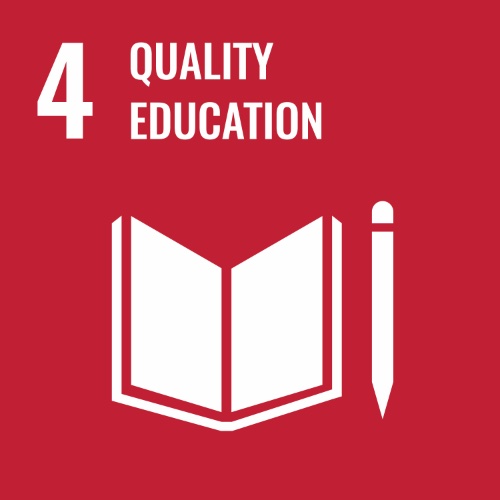This report, commissioned by The Council of Europe’s Sexual Orientation and Gender Identity (SOGI) Unit and Education Policy Division, reviews the individual efforts of each member State towards achieving a 2016 Resolution 2097(2016) that calls on States to “ensure access by LGBTI children to quality education by promoting respect and inclusion of LGBTI person and the dissemination of objective information about issues concerning sexual orientation and gender identity, and by introducing measures to address homophobic and transphobic bullying”. The report follows from UNESCO’s 2016 “Out in the Open: Education sector responses to violence based on sexual orientation and gender identity/expression”, which provides an overview of sexual orientation, gender identity and expression, and sexual characteristic (SOGIESC)-related violence educational settings around the world.
The report begins with a review of the prevalence of SOGIESC-based violence in educational institutions in Europe. A quantitative data analysis of the negative consequences of SOGIESC-related discrimination and bullying on young people is presented to highlight economic, mental and physical health, and overall community impacts. This is followed by a chapter on the varying legal frameworks, both European and International, that address violence within educational spaces which have been adopted by member States.
The third chapter highlights the responses adopted by the education sector of each State, excluding 12 who have adopted no response at all. Responses discussed range from national and school-level policies that prevent SOGIESC-based violence, new curricula that is support for SOGIESC-diversity, teacher-trainings, student support, civil society partnerships, and monitoring and evaluation processes. The final chapter offers extensive recommendations to the education sectors of each member State, which partly echo the UNESCO report’s recommendations. They are based on the aforementioned responses, with emphasis on systematically incorporating anti-discrimination and inclusion formatting into policy practice.








